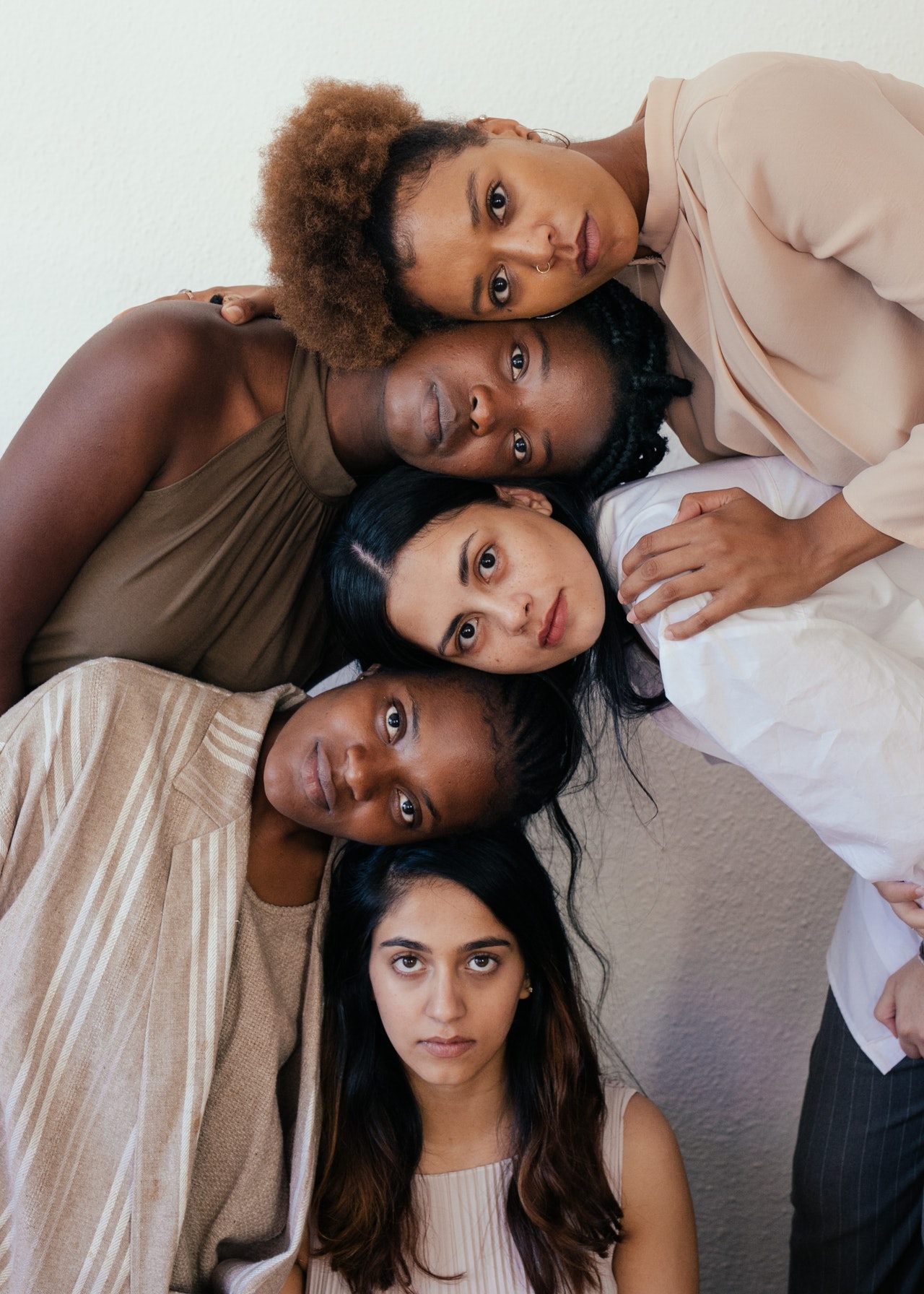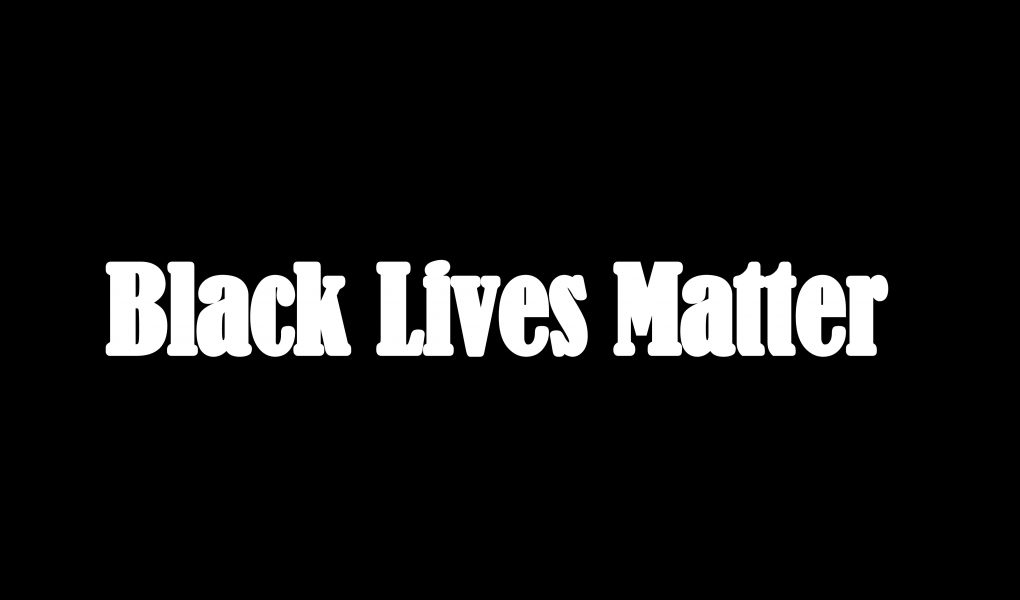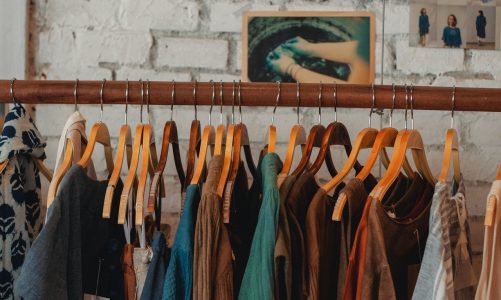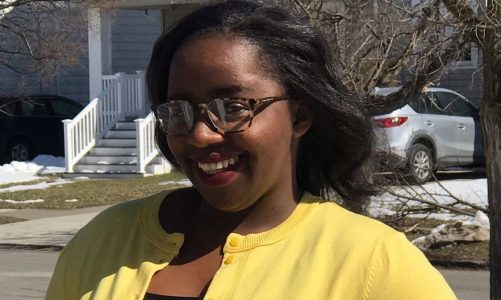It is 8:00 AM, I just finished my daily devotional and I am mentally and emotionally exhausted. We are still in the middle of a pandemic, and then the homicide of George Floyd in the arms of a white policeman hits the black community in the US, but also raised outrage around the world. The killing of Mr. Floyd is the last straw that broke the camel’s back. Black Americans, mainly African Americans, have been treated disproportionally in this country for a long time. These protests are coming from a place of hurt and repeated history that the country never addressed and relented to address. Writing has been my way to express my feelings over time, so bear with me as I share, my experience of being a black woman in America.
How racism looks like in modern era
Few weeks ago, I read a book called “Enemies in Love”, by Alexis Clarks. In short, it is a love story between a German prisoner of war and a black nurse during World War II (WWII). First, the context of that time was such that black nurses were not allowed to serve in the military for many years, until the demand for nurses became greater than what white nurses could handle. The black nurses were only allowed to care for their fellow black men in the army but they were not allowed to treat white members. However, a time came when white prisoners of war (POW) started to develop friendships with the white nurses, then the authorities sent black nurses to care for the white POW, as if African American nurses were not Americans or worthy of protecting. The segregated US could not bear having high ranked black officers either to watch out for them.

Fast-forward, 2020, just a few days ago, I read a New York Times article in which it was reported that after 75 years of military desegregation, people of color represent 43% of US army. Still, the highly ranked officers, those in decision making positions, are mainly white male. This is seen not only seen in the US army but across the board in many organizations, companies, and schools. After a while, one begins to question and ask “What’s going on?”
One of the things I always do whenever I am applying for a job or admission to a school, is to check the diversity in the leadership, and sadly I am always met with the realization that many organizations and institutions do not have black people in their boards or leadership teams, while people at the bottom of the ladder are mainly black or other minorities. It is not because we lack experience or that we are unable to uphold these positions, but because of who we are as minorities.
The racism in our era is further demonstrated by the health disparities that affect the black communities around the country, a simple and recent example is how Covid-19 has and continues to affect black communities. Racism is also visible in the decentralization of school systems where the suburbs students (predominantly white) get the best education available, while the city schools with predominantly minority students are barely graduating half of their senior students. It is going at the university, hospital, pharmacy or any professional job and realizing that no one looks like you or that the person offering a service does not share your experience. For me this is how racism looks like in my 2020 United States of America.
Why Am I exhausted?
It is a fight to get to be seen as a human, with all the capabilities of thinking and being an equal member of the society. In our society, being black in America, you are reminded that you do not belong. The US is the only country I have lived the longest, I pay taxes, I hold a blue passport, I VOTE, I work hard for the bettering of my community and society, but I always have to reassure people that I am home, not because I deny my African identity but because I really feel at home. Nevertheless, more often than I would like to admit, I am reminded that I am not at home. Every time I start speaking, I am asked where am I from, when I want to be sassy I respond, “Here” and really that is the truth. It is a constant reminder that as much as I call here home, people do not see me as a member of this country. It is the smart comments people make such as “You are well spoken” as if they do not expect a black person with an accent to speak “proper” English or asking you “How did you get this job?” insinuating that a person such as you should not occupy that type of position. It is being the only black person in a program and then you represent an entire race. It is the comments you receive when you have the highest grade in class and you are black or the dismay you receive for being somewhere that they think a black person should not be. It is explaining why you have chosen a field that is predominately white, why do we have to always justify ourselves? After a while all these become exhausting and today I tell myself that I have the right to be mentally and emotionally exhausted.
What Hurts?
It is realizing that the members of your society and community are ignoring your pain and that hurts. It is realizing that people are focused on law and order, and materialistic things than people, as if the pain of millions of people in the streets is not valid. As I was wondering how looting was taking this protest out of the context, a wise person said, “ Buildings can be rebuilt, material things can be acquired again and again, but we will never return a son or daughter in the arms of their loved one.” MLK said, “Rioting is the voice of the unheard.” It hurts that in this modern age, black people still have to protest to be heard and to be seen as human beings who deserve to live and be treated equally.
…But there is hope

In the mist of this, I am reminded that there is still hope.
I am reminded of the history of Israelites in Egypt and how God delivered them from oppression in the hands of Pharaoh.
I am reminded that God is a just God and that gives me assurance of facing tomorrow.
I look around and I see palpable and tangible proofs of a promising future for black people.
I anticipate the changes that will come from Femmes d’Esperance (FdE), this platform that showcases works from women of African descent, or Limpela that mentors and tutors future generations.
I feel hopeful with the increase of the black women graduating from college at a higher rate in the USA.
I can see hope all around me, but that does not we have won the battle or that we have to remain idle. NO!
- We must double our efforts in educating, mentoring, and tutoring future generations and in providing opportunities for those who are marginalized.
- We must have these hard conversations with people around us, even when it is uncomfortable.
- We must remain active, ready to rebuke racism of any kind or shape.
By Grace Karambizi




Wouw je suis toujours encouragée de vs lire, perseverez dans le combat, soyez benies